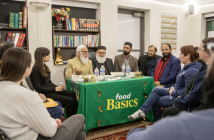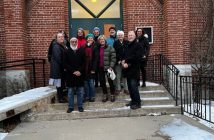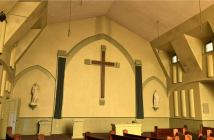Imam calls for national inquiry into radicalization
Ottawa Citizen | February 6, 2015

A prominent Canadian imam has called on the federal government to launch a national inquiry into the radicalization of young Muslim men in this country.
Imam Syed Soharwardy, founder of the Islamic Supreme Council of Canada, said he’s concerned that impressionable young people are falling prey to shadowy recruiters selling a false interpretation of Islam.
“We know there are elements who are recruiting, who are brainwashing people,” said the Calgary-based Soharwardy. “There are people who are recruiting these young Muslim boys. For sure, they are recruiting in our communities: in mosques, in universities, through lectures, through community events.”
Soharwardy wants a federal inquiry to expose the mechanics of the recruitment process and reveal the names of those who have financed the travel of Canadians to the Islamic State.
While the radicalization process might begin online through exposure to militant preachers such as the late Anwar al-Awlaki, there is usually a second step in the process that involves spiritual guidance and logistical support from people on the ground, he said.
“We need to discover who are these elements. There are many boys who have been killed in Syria and Iraq — and they’ve been recruited here,” Soharwardy said.
It’s believed that at least a dozen Canadians have died fighting under the Islamic State’s black flag in Syria and Iraq. Canadian security officials have identified small extremist “clusters” in Ottawa, Calgary, Edmonton, Toronto, Windsor and Montreal that have dispatched young jihadists to the Middle East.
In June 2011, the Conservative government announced that it would spend $10 million over five years to finance academic research that supports its anti-terrorism efforts. Some of that work focuses on the radicalization process of Canadian jihadists.




